Thoughts on choosing the right gear
Don’t worry too much about choosing the right gear, get some experience first.
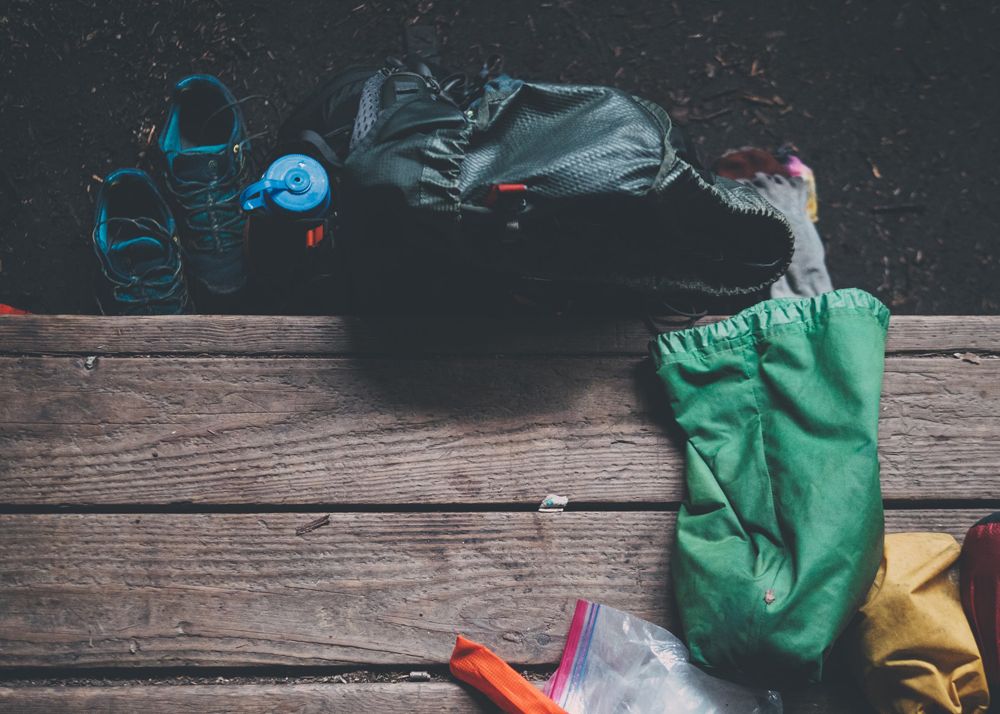
It is so easy to get hung up on searching the perfect pack, sleeping bag or tent. As beginners are especially are trapped into believing that the better the gear, the better the hike. And the truth is counter to what the glossy ads and store displays say. The truth is that perfect gear does not equal a perfect backpacking trip. Actually, you can go out for the trip with whatever you find in your garage or whatever your friend loans you and still have an incredible experience.
The only exception might be done unless to the pack. Let’s say you take a random daypack and this will be your gear for your first trip. You will probably make it with it, but it is going to be really hard to carry all your stuff.
Maybe you have an old backpack from the sixties that you found somewhere. That is going to be pretty stiff and uncomfortable. Shoulder straps probably will be worn out, there might not be a hip belt and your back will be all sweaty. So if you can afford a good pack then all the other stuff, are not so important anymore. You might have a heavy tent or sleeping bag, but a good pack will let you distribute the weight of it and it will be comfortable to carry.
Why Is It So Costly?
This is a long-term investment that will pay off rapidly.
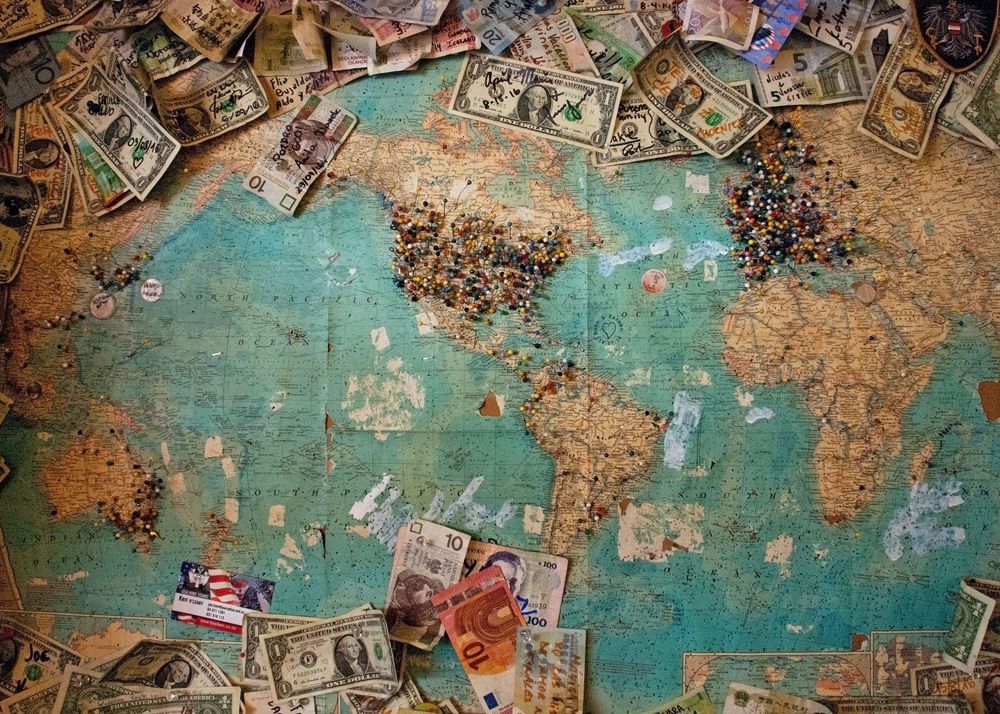
Isn’t nature supposed to be free? That is what we are all thinking about. But then you start adding up the cost of going out into free nature. The cost of gear, traveling, food all of it kind of adds up and that can start to way down the new traveler. However, don’t forget that this gear is meant to last a long time. Especially if you use it only 4-8 times a year it really should last a long time.
If you take care of it when you get home, make sure that it is aired out and clean, then the cost is a one-time investment. Keep in mind that this is not only investing in equipment, but it is also an investment in your health and your mental well being. There are so many benefits of backpacking that when you look at the cost of getting into backpacking the benefits are much higher.
Some people do enjoy buying the nicest the best the most expensive things. That is definitely not necessary. So when you are looking at the cost, if you can find a good quality budget tent instead of 800 Euros mountaineering tent, that is going to make a lot more sense to buy. Because the more expensive one may have features that you will not even use on the trail. When you will get experience, later you can consider what features exactly you need from a new tent.
What if I make a mistake?
For the first attempt go to your backpacking trip with someone who has been doing hiking before. By this, you will avoid a lot of possible mistakes.
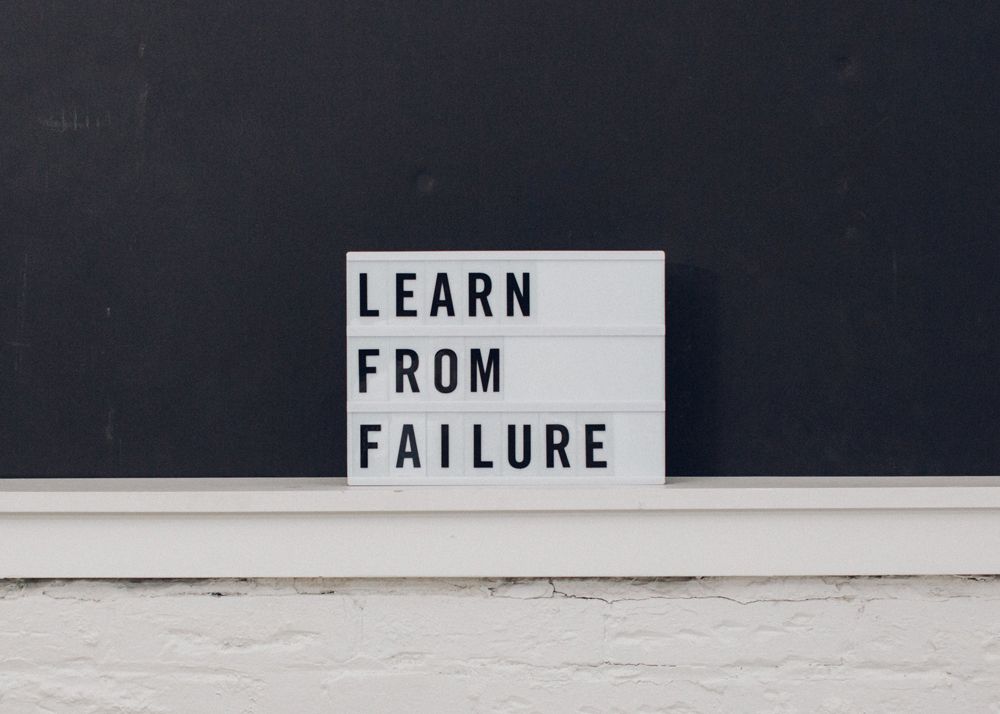
There is no doubt, that at the beginning you will make some mistakes, but traveling with someone who is more experienced will help you learn fast. Also, in the backpacking discipline, you can expect people to be a lot more forgiving toward your mistakes than anywhere else. It is about the community and being outdoors and even strangers more usually tend to help than a laugh from someone’s mistakes. In backpacking, the mantra is “hike your own hike”. You don’t have to fit in and be like everyone else. You can do it your own way. And that is fine.
Some backpackers also might worry about the unofficial rules they don’t know and which might change during the time. For example, in the past, rock cairns signified the trail route. Usually, they had a purpose that everybody who was following the cairns would know that they are on the right path. But the latest etiquette consensus says that leaving a rock cairn means that you are leaving a trace.
And we should leave no trace, i.e. avoid building those cairns. You don’t just come into it automatically knowing all of that and that might be an issue. But don’t worry, you will learn it over time and will grow out of it once you eventually understand the reasons and context for those rules. Meanwhile, cut yourself some slack when you just starting out.
Fear Of Getting Lost
Start developing your navigation skills in safe places.
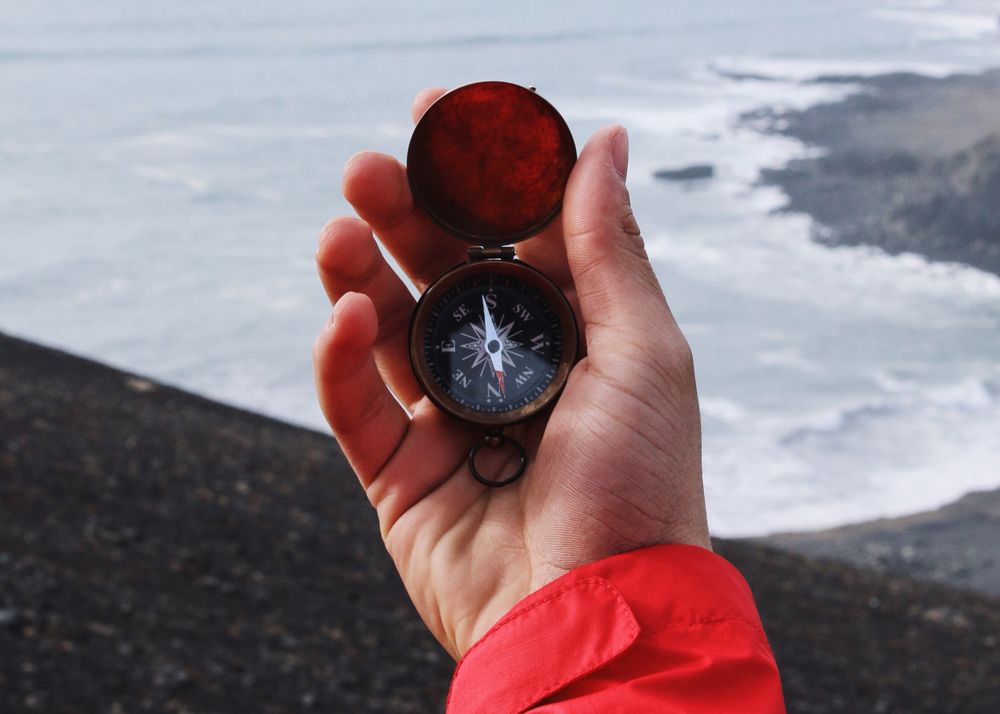
When you finally get on your first backpacking trip, you feel that freedom of the trail and you look around and realize that the forest is your home. But also it might give a little bit of false confidence that would make you do something like wander off the trail and explore the forest. Once you on the trail you realize just how big wilderness is and how small and lost you might become. This is where map reading skills need to come in. Start small with whatever map you have, just building those skills often referring and following the details on the map and comparing it to what you see.
Try to understand and feel the difference between 1 km in the city and in the forest. Due to the terrain and natural obstacles the difference might be very huge. Follow the signs on the trail and double-check it with your map. If you are not feeling confident about your navigation skills, choose small hiking trails, somewhere close to known to you places or where many people can be met on the way and exercise navigation training over there. Eventually, you will learn how to make the best navigation decisions and not get lost.
What Actually Do I Need For My First Trip?
Think About Essentials Things Without Which You Would Not Survive. Leave The Rest For The Future.
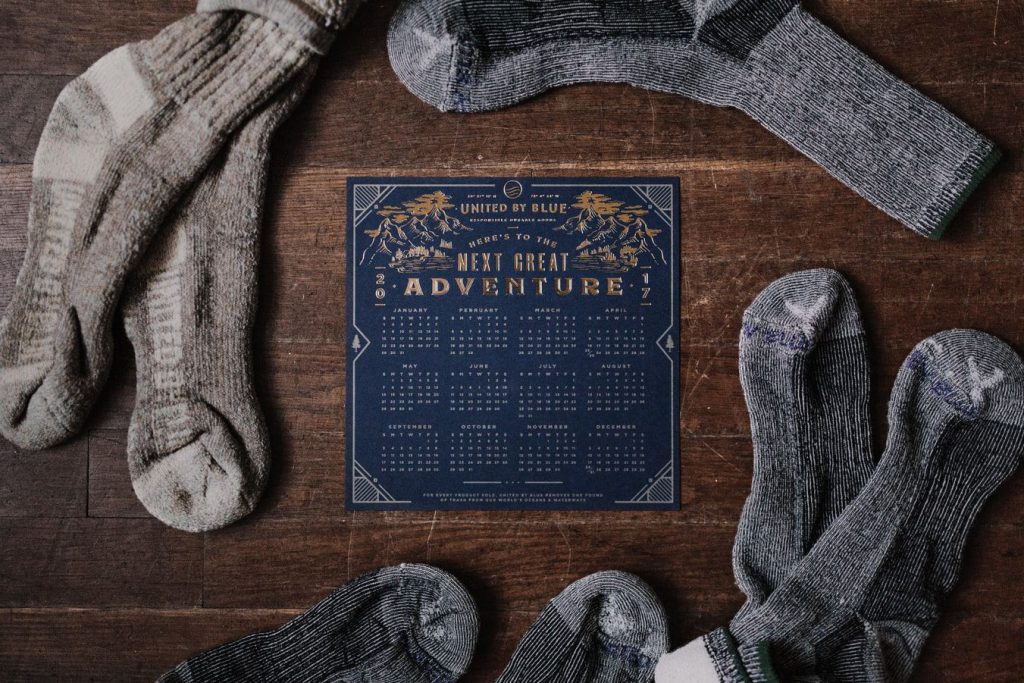
This is a question of why a lot of beginners tend to over-pack. The bear spray, the guide book, solar shower, extra clothes are examples of things which probably you don’t need for the first trip.
And the typical gear packing list doesn’t help with this, because this list has a list of the things that are essential for backpacking trip mixed in with a bunch of other things that are optional. For those who have never been on a backpacking trip before, it is pretty complicated to decide which ones are “must-have” and which of those are “nice to haves”. For sure there are a lot of “don’t even bring this on this trip” as well. You really have to consider where are you going, what weather conditions are expected to be. For the first trip, we recommend thinking only about essential requirements which are:
– a way to carry your stuff;
– shelter something to stay in overnight;
– something to keep you warm and dry enough;
– food and water;
– a couple of essentials that will keep you safe.
If you are getting ready for your first trip and you are worried about some of those things. Make your first trip short, somewhere close to home, during nice weather so you could eliminate a lot of those worries. During it, you will make a lot of new experiences and learn what you actually need for further trips.


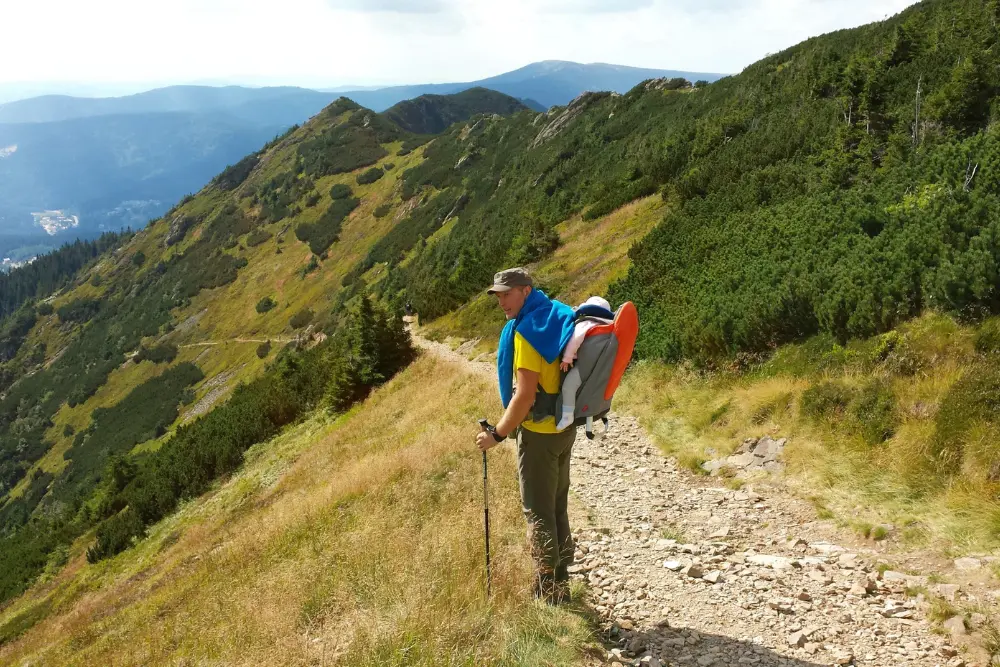
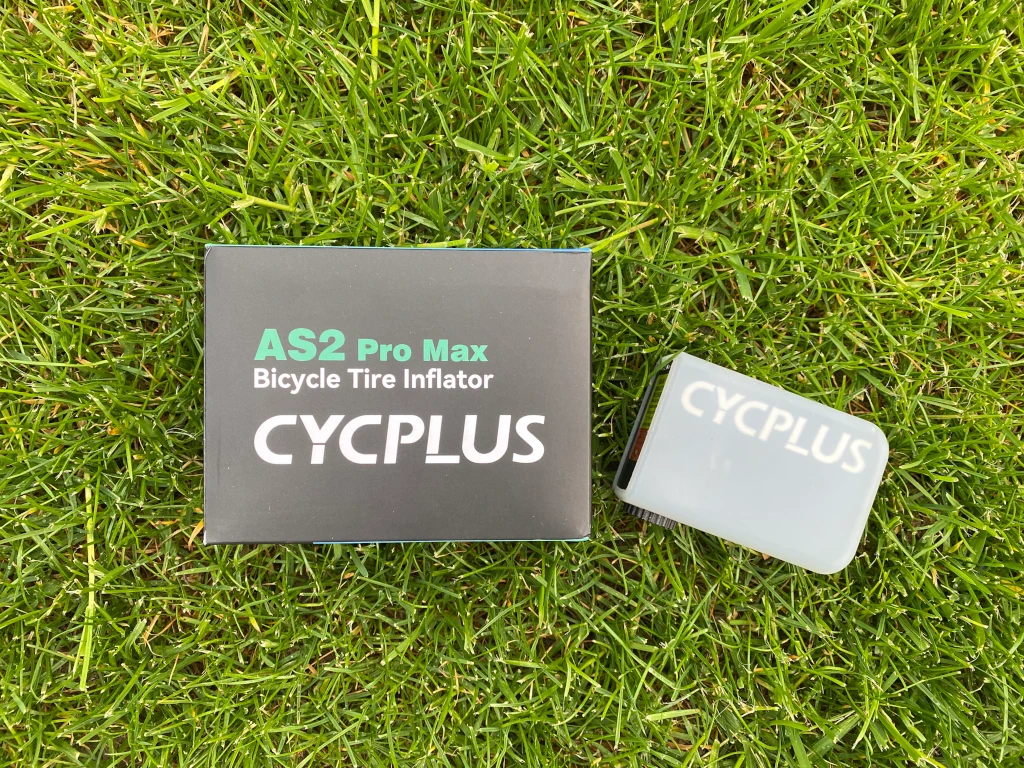


0 Comments